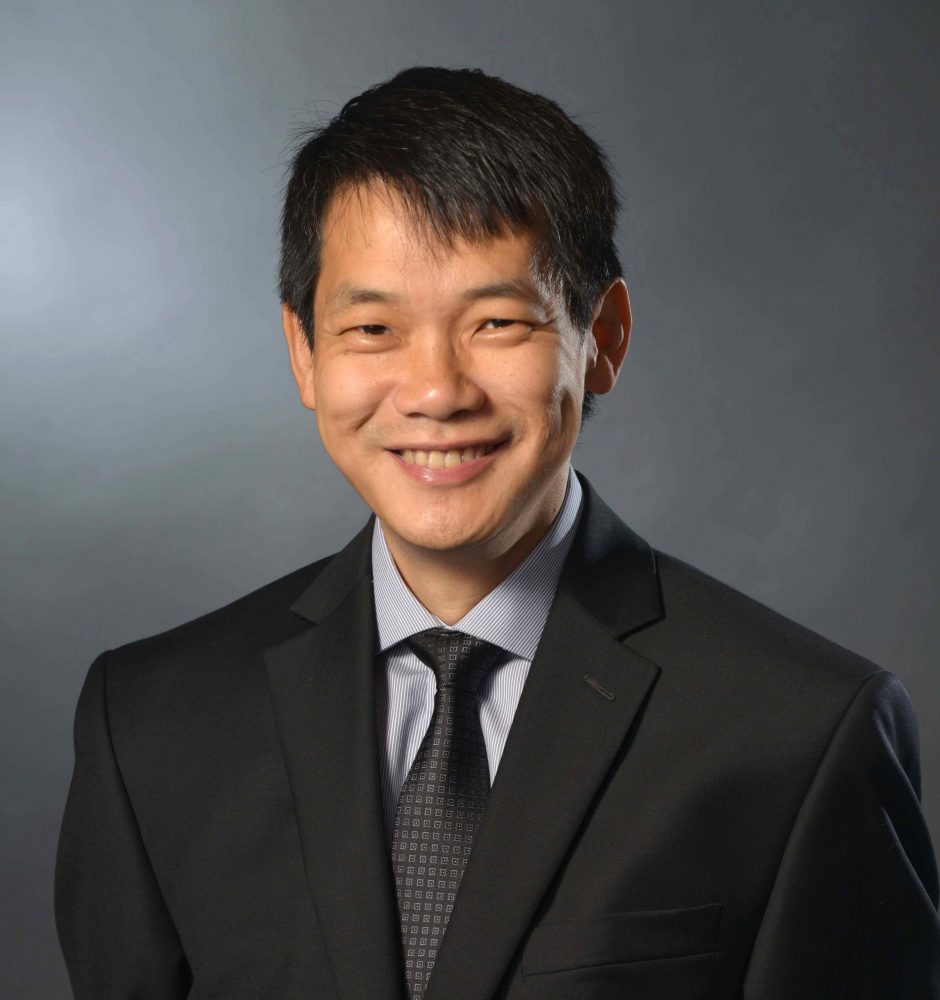This paper provides a general analysis of signaling under double-crossing preferences with a continuum of types. There are natural economic environments where the indifference curves of two types cross twice, such that the celebrated single-crossing property fails to hold. Equilibrium exhibits a threshold type below which types choose actions that are fully revealing and above which they pool in a pairwise fashion, with a gap separating the actions chosen by these two sets of types. The resulting signaling action is quasi-concave in type. We also provide an algorithm to establish equilibrium existence by construction.

2857 8505
KK 1014
- Ph.D., University of Washington
- B.Soc.Sc., The University of Hong Kong
Professor Wing SUEN was educated at The University of Hong Kong (HKU). He obtained his Ph.D. at the University of Washington. After doing post-doctoral research at the University of Chicago, he returned to his alma mater in 1989 and is now Chair of Economics at HKU Business School. He had also held research or teaching positions at Simon Fraser University, Harvard University, and the Chinese University of Hong Kong.
Wing’s research interests center around applied microeconomic theory. He has done some work on efficiency and early contracting in two-sided matching markets. One of his current research areas looks at the transmission of information across individuals with divergent beliefs and motives. An application that is close to the heart of the academician is the issue of grade inflation in higher education. He argues that the college professor, in playing the dual role of advocate and judge for his students, is trapped into an inefficient equilibrium in which grades are too high.
Another example of this line of work explores the structure of social networks. Individuals with opposing viewpoints tend to believe that the other party is uninformed or misinformed. If people form social ties in order to obtain more information, they will rationally choose to be associated with like-minded peers. Will there be an equilibrium in which people with different viewpoints are segregated from one another? What are the consequences of this group formation process for the evolution of social beliefs?
Wing also maintains an interest in the labor market of Hong Kong. He is an associate editor of the Pacific Economic Review and is program leader of the Human Resources Research Program of the Hong Kong Institute of Economics and Business Strategy. His current work in this area focuses on the effects of public housing on internal migration, travel-to-work patterns, and labor supply decisions.
- Applied Microeconomic Theory
- Labour Market in Hong Kong
- “Pecuniary emulation and invidious distinction: Signaling under behavioral diversity,” (with Junichiro Ishida), Games and Economic Behavior 147 (September 2024): 449-459.
- “Competition for Attention and News Quality,”
(with Heng Chen), American Economic Journal: Microeconomics 15 (August 2023): 1-32. - “Gaming a Selective Admissions System,”
(with Frances Xu Lee), International Economic Review 64 (February 2023): 413-443. - “Signaling under Double-Crossing Preferences,”
(with Chia‐Hui Chen and Junichiro Ishida), Econometrica 90 (May 2022): 1225-1260. - “Call Auction Design and Closing Price Manipulation: Evidence from the Hong Kong Stock Exchange,”
(with Seongkyu “Gilbert” Park and Kam-Ming Wan), Journal of Financial Markets 58 (March 2022): 100700. - “Optimal Delay in Committees,”
(with Ettore Damiano and Hao Li), Games and Economic Behavior 129 (September 2021): 449-475. - “Reputation Concerns in Risky Experimentation,”
(with Chia-Hui Chen and Junichiro Ishida), Journal of European Economic Association 19 (August 2021): 1981-2021. - “Information Validates the Prior: A Theorem on Bayesian Updating and Applications,”
(with Navin Kartik and Frances Xu Lee), American Economic Review: Insights 3 (June 2021): 165-182. - “Credibility of Crime Allegations,”
(with Frances Xu Lee), American Economic Journal: Microeconomics 12 (February 2020): 220-259. - “Learning While Experimenting,”
(with Ettore Damiano and Hao Li), Economic Journal 130 (January 2020): 65-92. - “The Comparative Statics of Optimal Hierarchies,”
(with Cheng Chen), American Economic Journal: Microeconomics 11 (May 2019): 1-25. - “Downs Meets d’Aspremont and Company: Convergence versus Differentiation in Politics and the Media,”
(with Wen-Chung Guo and Fu-Chuan Lai), International Journal of Industrial Organization 60 (September 2018): 96-125. - “Deliberating Collective Decisions,”
(with Jimmy Chan, Alessandro Lizzeri, and Leeat Yariv), Review of Economic Studies 88 (April 2018): 929-963. - “Aspiring for Change: A Theory of Middle Class Activism,”
(with Heng Chen), Economic Journal 127 (August 2017):1318-1347. - “Investment in Concealable Information by Biased Experts,”
(with Navin Kartik and Frances Xu Lee), RAND Journal of Economics 48 (Spring 2017): 24-43. - “The Power of Whispers: A Theory of Rumor, Communication and Revolution,”
(with Heng Chen and Yang Lu), International Economic Review 57 (February 2016): 89–116. - “Falling Dominoes: A Theory of Rare Events and Crisis Contagion,”
(with Heng Chen), American Economic Journal: Microeconomics 8 (February 2016): 228–255.
The lack of hard evidence in allegations about sexual misconduct makes it difficult to separate true allegations from false ones. We provide a model in which victims and potential libelers face the same costs and benefits from making an allegation, but the tendency for perpetrators of sexual misconduct to engage in repeat offenses allows semiseparation to occur, which lends credibility to such allegations. Our model also explains why reports about sexual misconduct are often delayed, and why the public rationally assigns less credibility to these delayed reports.
An agent performing risky experimentation can benefit from suspending it to learn directly about the state. ‘Positive’ information acquisition seeks news that would confirm the state that favours experimentation. It is used as a last-ditch effort when the agent is pessimistic about the risky arm before abandoning it. ‘Negative’ information acquisition seeks news that would demonstrate that experimentation is futile. It is used as an insurance strategy to avoid wasteful experimentation when the agent is still optimistic. A higher reward from risky experimentation expands the region of beliefs that the agent optimally chooses information acquisition rather than experimentation.





